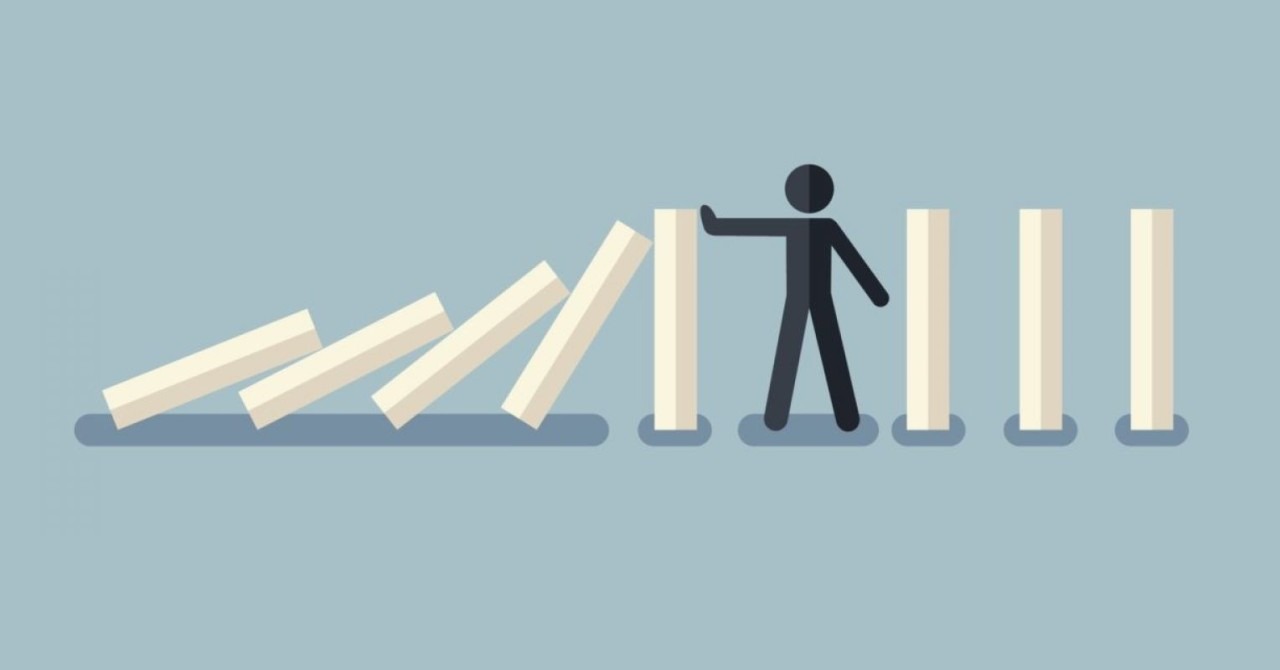Resilience is the ability to adapt and recover when life doesn’t go as planned. While some people seem naturally resilient, it’s actually a skill anyone can build with the right mindset and habits.

One key to ensuring resilience is maintaining perspective. During difficult times, it’s easy to feel overwhelmed or powerless. Resilient individuals focus on what they can control and take small, meaningful steps forward. This proactive approach builds confidence and keeps stress from becoming paralyzing.
Another important aspect is emotional regulation. Recognizing emotions and managing them in a healthy way helps you stay calm under pressure. Techniques such as mindfulness, journaling, or simply talking to someone you trust can help process emotions and prevent burnout.
Strong support networks also play a critical role. Whether it’s friends, family, or professional contacts, having people to rely on provides emotional comfort and practical help when facing challenges.
Resilience is also strengthened by setting realistic goals and celebrating progress, no matter how small. This keeps motivation high and reinforces a sense of achievement even during tough times.
Finally, taking care of your physical well-being—through sleep, nutrition, and exercise—can improve mental resilience. A healthy body supports a stronger mind, making it easier to cope with stress.
In essence, ensuring resilience is about building a foundation that allows you to adapt, recover, and grow. With the right tools and mindset, you can face life’s challenges not with fear, but with confidence and strength.





